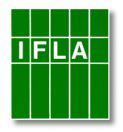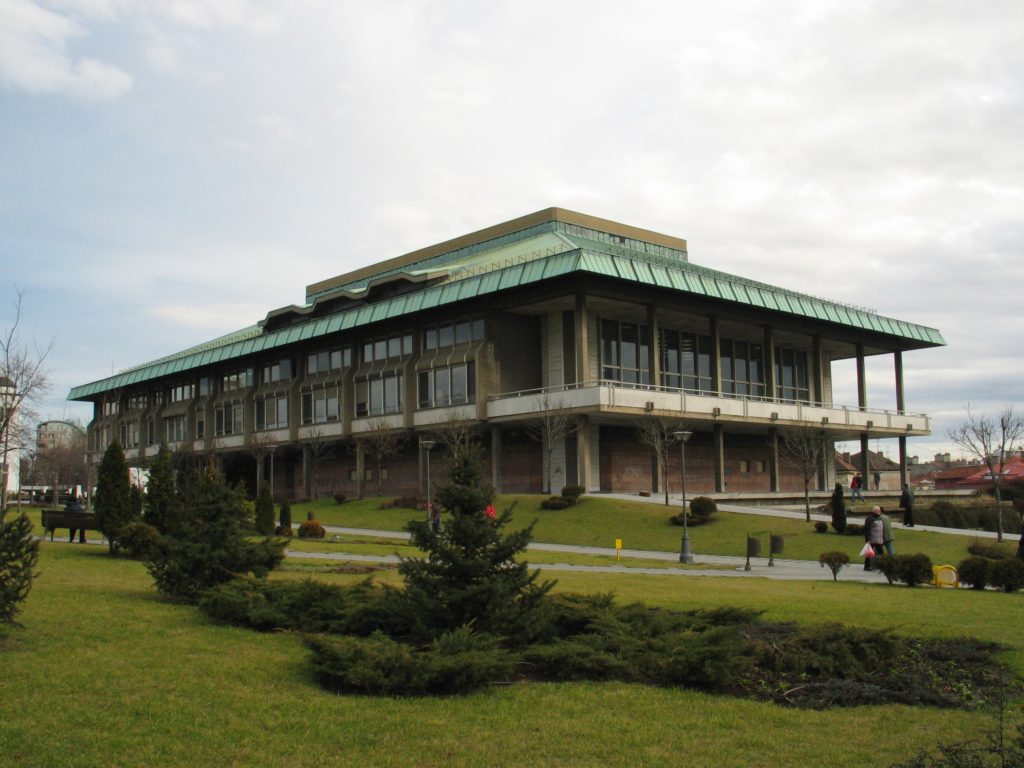
IFLA (International Federation of Library Associations and Institutions) is the leading international body representing the interests of library and information services and their users. It serves as the global voice of the library and information profession.
IFLA’s history traces back to 1927 when 15 countries gathered at the 50th annual conference of the British Library Association and signed a resolution establishing the International Committee on Bibliography and Library Services. The collaboration between library associations at national and international levels started much earlier, around the mid-19th century, and was a result of the development of librarianship as an independent profession. It was during this time that the first professional library associations were formed, such as the American Library Association (ALA) in 1876 and the Library Association (LA) in the UK in 1877, fostering the practice of gathering and exchanging experiences and ideas.
The establishment of the International Committee occurred after World War I, during the congress in Edinburgh on 30 September 1927. The name IFLA was officially adopted in 1929 in Rome. By 1939, 41 associations had joined IFLA, and after World War II, it was among the first international non-governmental organisations to resume its operations.
In pursuit of its goals, IFLA bases its activities on the following core values:
- endorsement of the principles of freedom of access to information, ideas and works of imagination and freedom of expression embodied in Article 19 of the Universal Declaration of Human Rights;
- belief that people, communities and organisations need universal and equitable access to information, ideas and works of imagination for their social, educational, cultural, democratic and economic well-being;
- conviction that delivery of high quality library and information services helps guarantee that access;
- commitment to promoting and valuing diversity and inclusion, notably as regards age, citizenship, disability, ethnicity, gender-identity, geographical location, language, political philosophy, race, religious beliefs, sex, sexual orientation or socioeconomic status, and actively pursuing relevant policies and practices.
Since 2021, IFLA has implemented a new governance structure aimed at making the federation more inclusive, efficient and accessible to everyone.
Once a year, the General Assembly meeting takes place to decide on the most crucial matters concerning the federation, its functioning and its members. The Governing Board is responsible for managing the federation and handling financial and professional matters. This board is advised and supported by the Regional Council, Professional Council and Advisory Committees.
The Regional Council is divided into 6 sections (Asia and Oceania, Europe, Latin America and the Caribbean, Middle East and North Africa, North America and Sub-Saharan Africa). The Professional Council consists of professional division committees grouped alphabetically from A to H, totalling 8, each containing professional sections focusing on specific segments of library and information activities. There are four Advisory Committees: Advisory Committee on Standards, Advisory Committee on Cultural Heritage, Advisory Committee on Copyright and Other Legal Matters and Advisory Committee on Freedom of Access to Information and Freedom of Expression.
Participation of the National Library of Serbia in IFLA
As a member of IFLA, the National Library of Serbia has representatives in the standing committees of the following sections:
Advisory Committees:
- Standards: Dr Ana Stevanović, Serial Publications Department – Section for Analytical Processing
Professional Committee A
- National Libraries: Dr Dragana Milunović, Deputy Director and Head of the Library and Information Activities Sector
- History and Genealogy: Dragan Milošević, Monographic Publications Department
Professional Committee C
- Continuous Professional Development and Workplace Learning: Mr Ivana Todorović, Department for Central Activities, Education, Research and Library Information System Development
Professional Committee D
- Management and Marketing: Beba Stanković, Shared Programmes Sector
Professional Committee E
- Information Literacy: Ljubica Ljubišić, Centre for Mutual Cataloguing of the Republic of Serbia
Through membership in IFLA’s standing committees, representatives from the National Library of Serbia participate in defining new directions in librarianship and have the opportunity to influence it, both globally and locally.
IFLA organises a general conference once a year. At the Conference in Berlin in 2003, the annual meeting was given a new name – the World Library and Information Congress (WLIC). Approximately 4,000 professionals from around 150 countries participate in IFLA’s annual congresses. The National Library of Serbia had its representatives at the congresses in Boston (2001), Glasgow (2002), Berlin (2003), Buenos Aires (2004), Oslo (2005), Seoul (2006), Durban (2007), Quebec (2008), Milan (2009), Gothenburg (2010), Puerto Rico (2011), Helsinki (2012), Singapore (2013), Lyon (2014), Cape Town (2015), Wroclaw (2017), Kuala Lumpur (2018), Athens (2019), the virtual congress (2021), Dublin (2022) and Rotterdam (2023).

